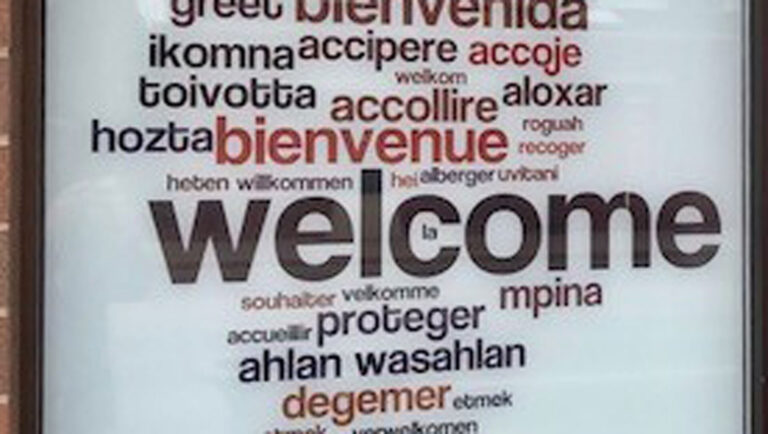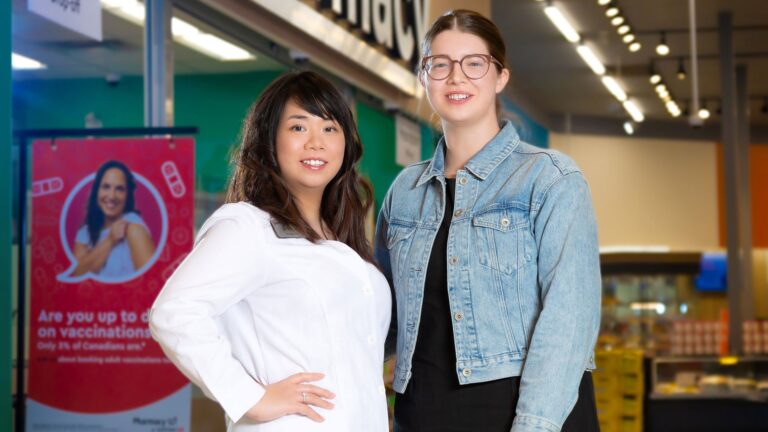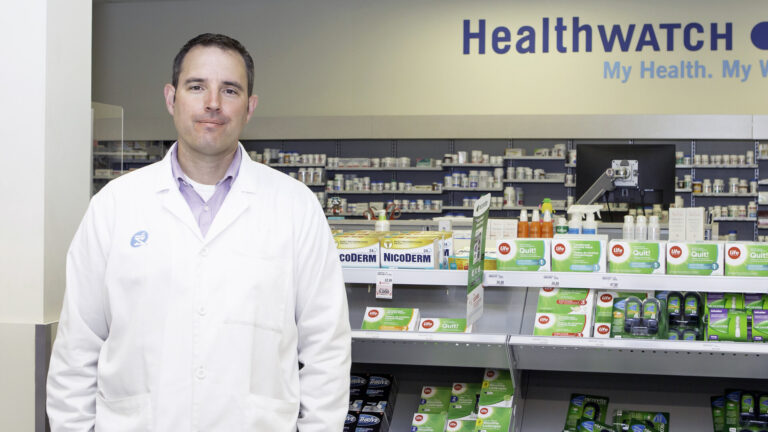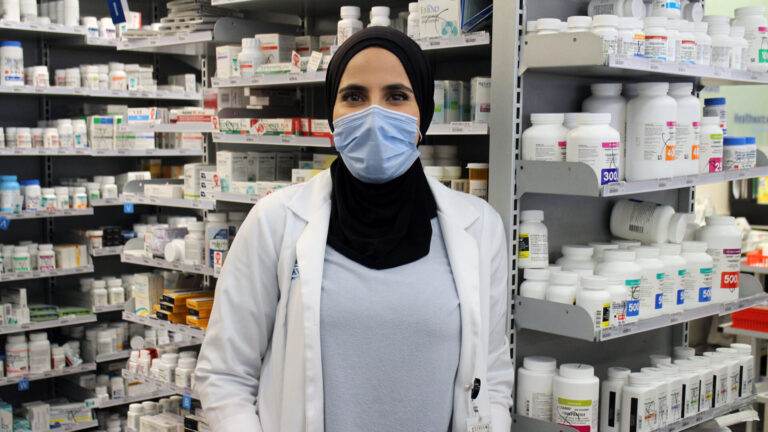
Everyone has biases, but how can they be managed while providing care?
“I have a saying that if you have a brain, you have a bias,” said Candy Kahn, a diversity and inclusion advisor with University of Alberta’s Human Resource Services.
Recognizing unconscious biases can be difficult. To help guide your self-discovery, Candy suggests an online tool. It’s called the Harvard Implicit Association Test. It’s free and there are tests covering race, colour, race, sexuality, gender, and age. Candy was surprised by her own results.
“I’ve taken the test and I, as a diversity specialist, thought, ‘Oh, I have no biases. I’ve learned this stuff. I’ve been in the industry for 20 years.’ But I’m going to admit, I have lots of biases,” she said.
Irfan Chaudhry, Director of MacEwan University’s Office of Human Rights, Diversity, and Equity, says there’s no shame in admitting that you have biases, but it’s what someone does next that’s important.
“If you are aware of biases, but you don’t change your behaviour, then what’s really the point of being aware of your biases to begin with?” Irfan said. He points to a pharmacy in downtown Edmonton as an example of a pharmacy embracing communities and trying to be inclusive.
“I remember during 2015 when there were conversations about Canada welcoming a large number of Syrian refugees this particular pharmacy changed signage outside of their pharmacy to be in languages that were spoken in that area of the city,” Irfan said. “They also had a sign saying: ‘We welcome Syrian refugees here.’ It’s those types of conscious ways of being inclusive that I think you know you rely on the individual person to take that on their own.”
Acknowledging a bias can be uncomfortable, but it’s natural to have these feelings; we can’t claim to be neutral on everything. To counter the biases, try to be open to others, take the time to engage in conversations, and respond. Once we start working on the biases in a positive way, we’ll find a way to keep them in the background while interacting with the public.
“I think that’s where it’s important to have the awareness of being able to at least park it and not impact your ability to be a professional,” said Irfan. “At the end of the day, it’s about being that professional.”




